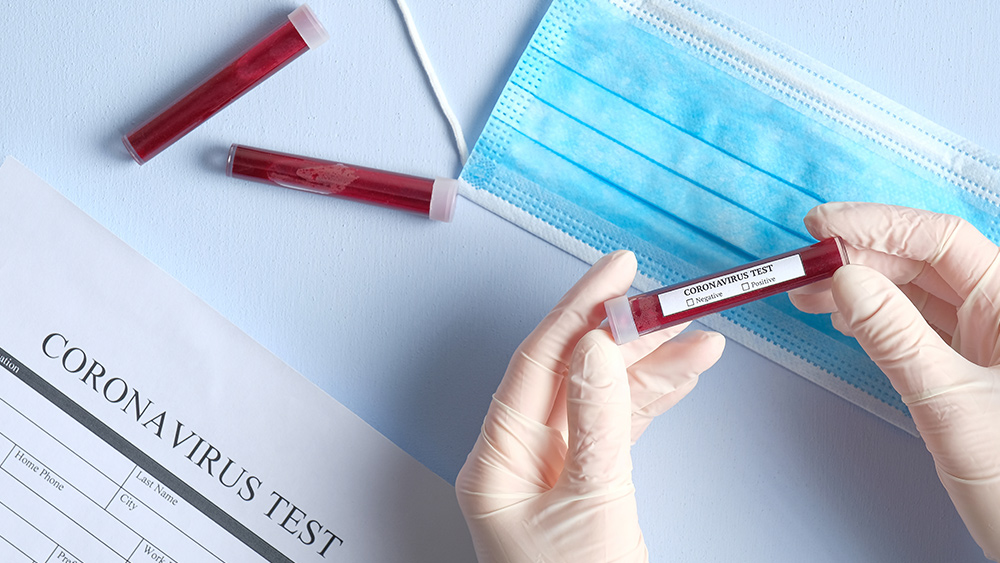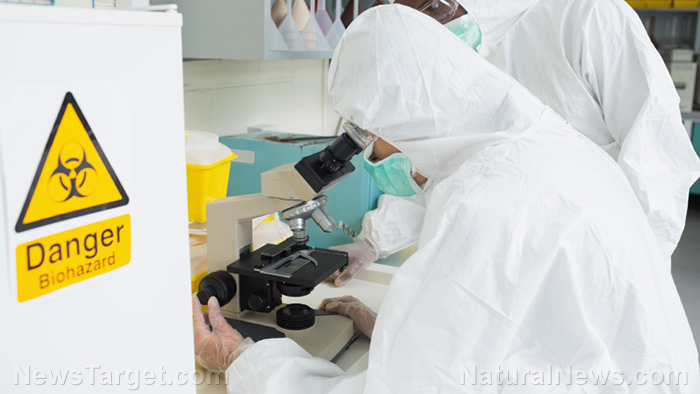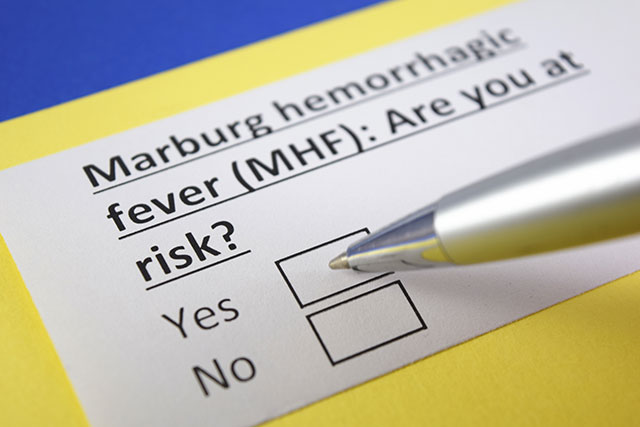
President John Magufuli ordered an investigation into the imported test kits Sunday. He stated that Tanzanian security forces randomly obtained non-human samples, including ones from pawpaw, a goat and a sheep, in order to evaluate the quality of the kits. These samples were then assigned human names and sent to a laboratory to test for the coronavirus.
Both the kits from the pawpaw and goat tested positive for COVID-19, according to Magufuli. The lab technicians handling the tests were deliberately not informed about the origins of the samples. Based on the results, Magufuli stated that faulty kits meant were marking some people as positive for the coronavirus even though they were not actually infected.
Africa CDC confirms China as the source of faulty kits
Dr. John Nkengasong, head of the Africa CDC, responded to the investigation Thursday. He said that the faulty test kits in question were imported to Africa from China, and then sent to Tanzania by the Africa CDC. These kits were donated by China through the Jack Ma Foundation, a charitable organization founded by billionaire Jack Ma.
Ma, the co-founder of the Alibaba Group and member of the Communist Party of China, has donated thousands of test kits, masks and protective gear to Africa, where the equipment is being used in nations across the continent. Aside from Tanzania, no other African countries have voiced any complaints about the test kits. (Related: Israel’s Health Ministry bans the use of Chinese coronavirus test kits,)
Nkengasong also commented on Magufuli’s allegation that the Africa CDC sent defective kits to Tanzania.
“We are very instrumental in training, providing training to nearly all countries, and providing them with test kits,” stated the Africa CDC chief. “We’ve also in the last couple of weeks and months distributed tests from the Jack Ma Foundation that have been validated and proven to be very, very reliable.”
Dr. Matshidiso Moeti, head of the World Health Organization’s (WHO) Africa office, also reacted to Tanzania’s investigation of the test kits.
“We are convinced that the tests that have been provided … both through procurement through [WHO’s Africa office] and those that came through Jack Ma donations, were not contaminated with the virus,” Moeti said in a teleconference with journalists on Thursday.
Testing lab under investigation
Tanzania’s government has formed a team of experts to examine the lab that conducted the tests, stated chief government spokesman Hassan Abbas, and it would relay the outcome of the investigation, once results were in.
“What the president said was based on initial tests run by using animals ... to test the veracity of the test results,” said Abbas. “Our worry was based on empirical findings. Once the team finalizes its work we will know the gravity of the lapses in the machines.”
Test issues could affect Africa’s efforts to fight COVID-19
If the veracity of Tanzania’s test on the kits is demonstrated, and the test kits or machines proved to be faulty, it’ll be a huge blow to testing efforts in Africa. While the continent’s testing capacity has expanded sharply, Africa has still only carried out around 685 tests per million people, according to Reuters. In comparison, Europe has carried out nearly 17 million tests, or just under 23,000 per million.
The WHO has warned that there could be as many as 10 million infections in the continent within the next six months. Additionally, Moeti has warned that the disease could “smoulder” in the region, becoming a fixture in the lives of Africans for years to come unless governments take a more proactive approach.
“While COVID-19 likely won’t spread as exponentially in Africa as it has elsewhere in the world, it likely will [smolder] in transmission hotspots,” said Moeti. “COVID-19 could become a fixture in our lives for the next several years unless a proactive approach is taken by many governments in the region. We need to test, trace, isolate and treat.”
As of press time, Tanzania has 509 cases of the coronavirus and 21 death, according to data from Johns Hopkins University.
Sources include:
Please contact us for more information.























